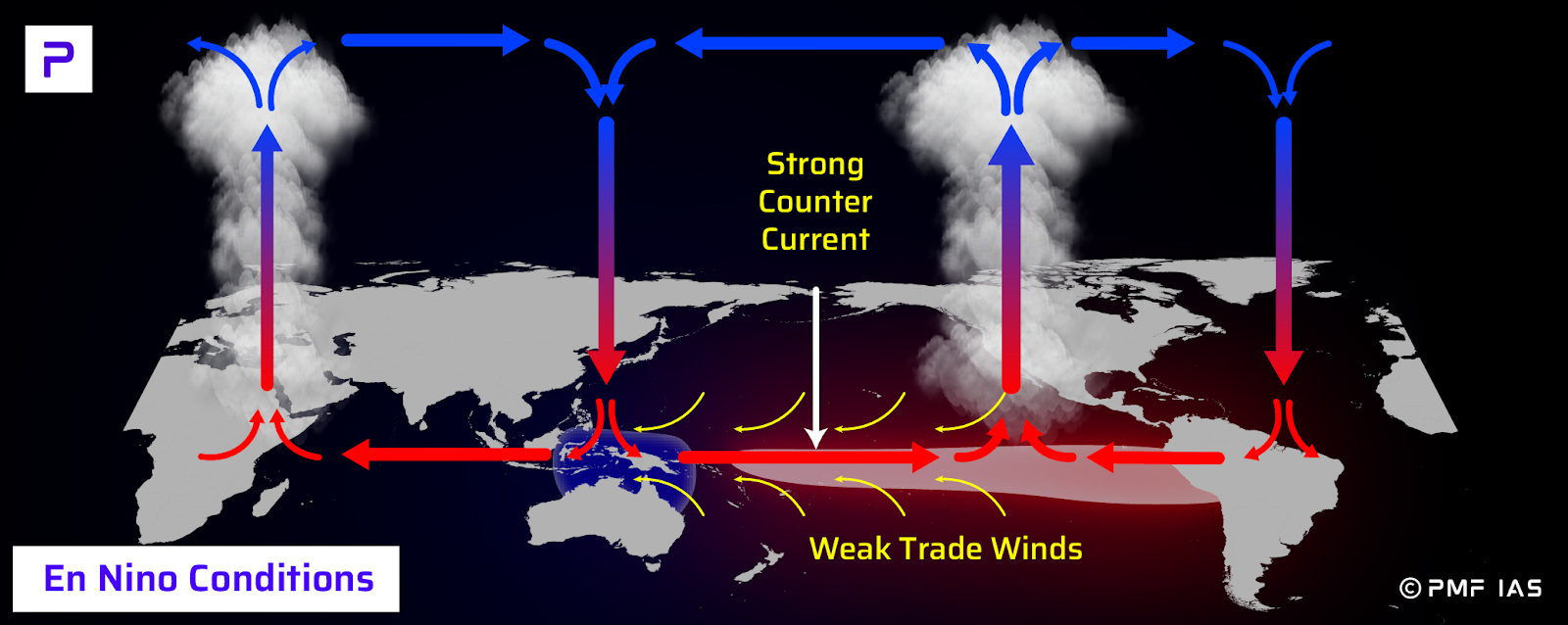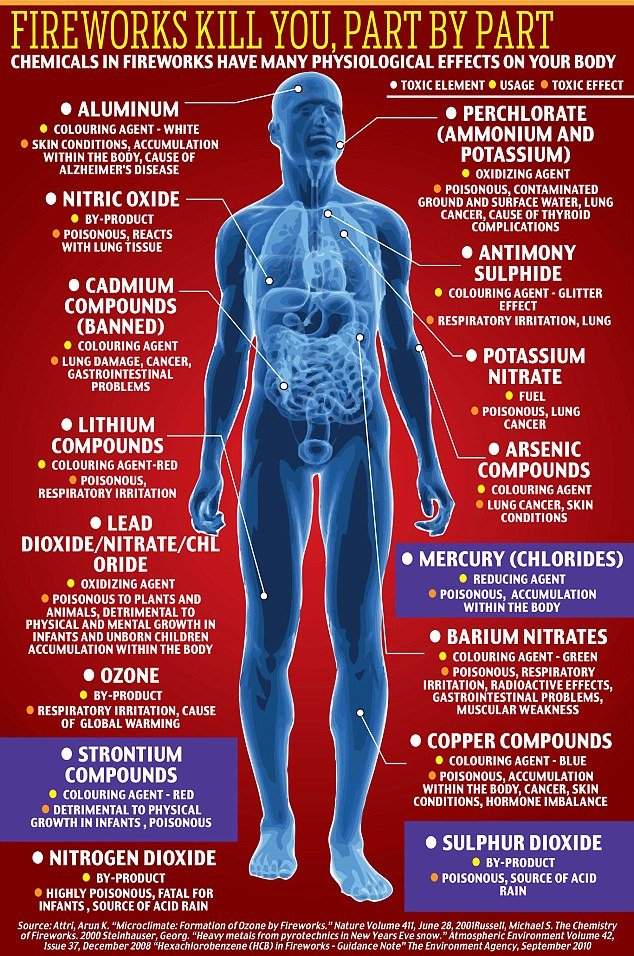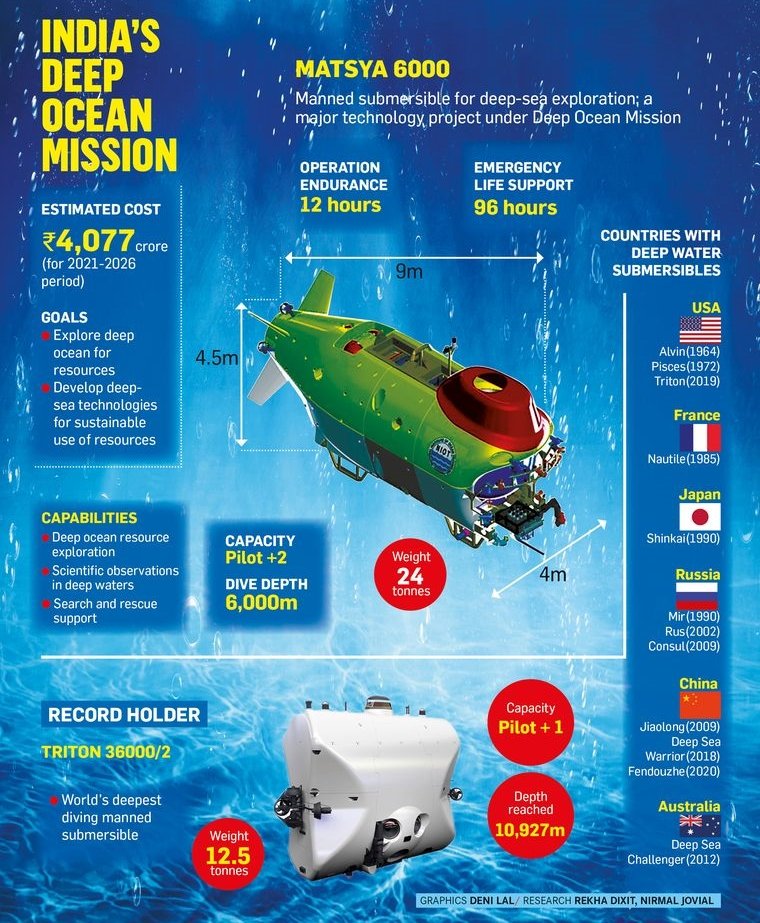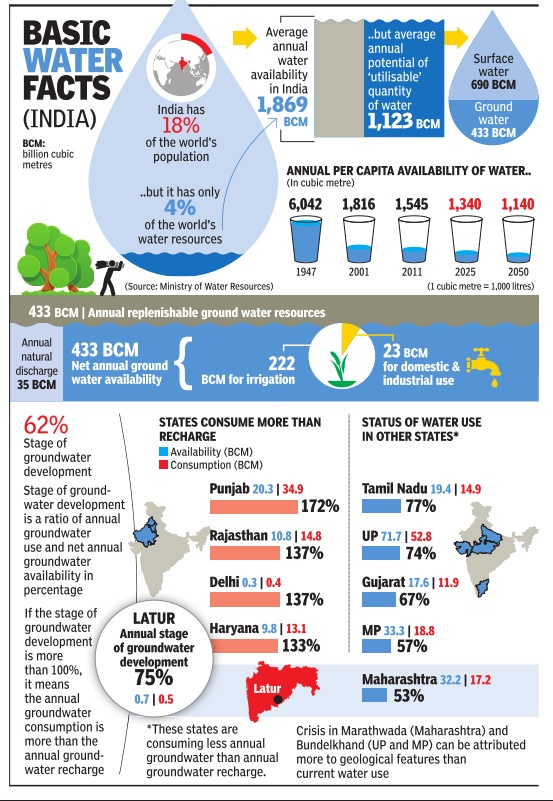
Current Affairs November 17, 2023: Char Dham All-Weather Road Project, Voice of the Global South Summit, Adultery, Windfall Tax, Generic Drugs
Subscribers of "Current Affairs" course can Download Daily Current Affairs in PDF/DOC
Subscribe to Never Miss an Important Update! Assured Discounts on New Products!
Must Join PMF IAS Telegram Channel & PMF IAS History Telegram Channel
{GS1 – Geo – PG – Climatology} Cyclone Midhili
- Context (IT | DTE): Cyclone Midhili (name suggested by the Maldives), formed over the Bay of Bengal, is expected to make landfall in Bangladesh.
How are Cyclones Named?
- Cyclones that form in every ocean basin across the world are named by the Regional Specialised Meteorological Centres (RSMCs) and Tropical Cyclone Warning Centres (TCWCs).
- There are six RSMCs, including the India Meteorological Department (IMD), and five TCWCs.
- As an RSMC, the IMD names the cyclones developing over the north Indian Ocean (including the Bay of Bengal and Arabian Sea).
- It provides storm surge advisories to 13 member countries under WMO/ESCAP Panel including Bangladesh, India, Iran, Maldives, Myanmar, Oman, Pakistan, Qatar, Saudi Arabia, Sri Lanka, Thailand, UAE, and Yemen.
- IMD names the cyclone from the list of names proposed by 13 member countries of the region.
|
What are the Guidelines to Adopt Names of Cyclones?
- The proposed name should be neutral. It should not hurt the sentiments of any group.
- It should not be rude/cruel in nature.
- It should be short and easy to pronounce. The maximum length should be eight letters.
- The names of tropical cyclones will not be repeated.
For more information on Tropical Cyclones > PMF IAS Physical Geography 1st Edition
{GS2 – Governance – Issues} Worldwide Governance Indicators
- Context (IE): The Chief Economic Adviser (CEA) expressed concerns about credit rating agencies relying on the World Bank’s Worldwide Governance Indicators (WGI).
- The Worldwide Governance Indicators (WGI) is a project by the World Bank that ranks 215 countries and territories based on six governance dimensions.
- The six dimensions of governance are:
- Voice and Accountability
- Political Stability and Absence of Violence/Terrorism
- Government Effectiveness
- Regulatory Quality
- Rule of Law
- Control of Corruption
- WGI play a key role in deciding the sovereign credit rating of any country.
India’s Ranking
- India is losing its sovereign credit rating due to low scores in WGI parameters.
- India’s WGI score is much below the BBB Median on all six indicators.
- A WGI score below the BBB Median would suggest that India falls below the middle when the scores of countries are arranged in descending order.
Factors Contributing to Lower Rankings
- Kashmir’s Freedom Constraints: According to their report, J&K was partly free from 2017 to 2019, but in 2020, its freedom was again curtailed.
- Harassment of Activists: Targeting of activists, lawyers, journalists, and human rights defenders.
- Sedition and Counterterrorism Laws: Misuse of laws suppressing free speech.
- Misuse of Foreign Funding Regulations: Regulations misused against critical NGOs.
Issues with WGI
- WGI is highly complex and opaque.
- It is based on subjective opinions from expert institutions.
- Assessments lack on-ground presence and context understanding in member countries.
Suggestions for Improvement
- WGI should be more transparent, context-sensitive, and less subjective.
- Involvement of developing countries in its formulation.
- It should be to be clearer and less biased.
{GS2 – IR – Groupings} Voice of the Global South Summit
- Context (TH | PIB| IE): India will host the second edition of the Voice of the Global South Summit (VOGSS) in a virtual format.
- The VOGSS is an Indian Initiative designed to provide a common platform for Global South countries to share their perspectives on major issues.
|
Second VOGSS Summit
- The theme of the Inaugural Leaders’ Session is “Together, for Everyone’s Growth, with Everyone’s Trust”, and that of the Concluding Leaders’ Session is “Global South: Together for One Future”.
Dakshin (Development and Knowledge Sharing Initiative)
- PM Modi inaugurated DAKSHIN, which he had proposed during the first VOGSS.
- DAKSHIN is a global centre for excellence for the Global South countries.
Global South
- Global South, often used in contrast to Global North, are countries characterised as “developing,” “less developed” or “underdeveloped. It refers to Africa, Latin America, Asia, and Oceania countries.
- Characteristics of the Global South:
- Lower levels of income and development
- Larger populations
- More diverse cultures
- A history of colonialism and imperialism
- A greater vulnerability to climate change
- A growing role in the global economy

Problems of the Global South
- Poverty and inequality: World Bank estimates that over 700 million people in the Global South live in extreme poverty, surviving on less than $1.90 per day.
- Limited economic opportunities: Lack of infrastructure, inadequate access to capital, limited technological advancements, and dependence on commodity exports hinder economic growth.
- CC: IPCC highlighted the disproportionate impact of climate change on Global South Countries.
India’s engagement in Global South
- Developmental assistance through programs like the Indian Technical and Economic Cooperation (ITEC) and the Indian Council for Cultural Relations (ICCR).
- Economic engagement through bilateral and regional trade agreements like the South Asian Free Trade Agreement (SAFTA), India-MERCOSUR Preferential Trade Agreement, etc., offering Lines of Credit to Bangladesh, Maldives, Myanmar, etc.
- Infrastructure development initiatives like the Asia-Africa Growth Corridor (AAGC) and International North-South Transport Corridor (INSTC).
- Humanitarian assistance and disaster relief: For, e.g., Operation Raahat (2015) in Yemen, Maitri (2015) in Nepal, Sankat Mochan (2016), etc.
G20
- India’s G-20 Presidency tried to include the Global South (especially Africa in global affairs).
- The African Union becomes the permanent member of G-20.
- The topic of the Global South was also included in the New Delhi G20 Declaration.
African Union
|
Way Forward: India as a Voice of Global South
- India can push for reforms in international financial institutions (IMF, WTO) to ensure the representation of Global South nations.
- Voice concerns on issues disproportionately affecting the Global South (climate change, sustainable development) and advocate for principles of Equity and Common but Differentiated Responsibilities and Respective Capabilities (CBDR-RC) to address climate change.
- Encouraging technology transfer to boost their industrial and technological capabilities.
- Engaging in public diplomacy through cultural exchanges, educational scholarships, etc.
{GS2 – Polity – IC – FRs} Right to Privacy: Adultery
- Context (IE): The Parliamentary Committee on Home Affairs has suggested that adultery be re-instituted as a crime in the Bharatiya Nyaya Sanhita (BNS), 2023.
- In 2018, the SC struck down a colonial-era law that made adultery punishable.
- The SC removed the provisions of the Indian Penal Code (IPC) and the Code of Criminal Procedure (CrPC), which considered adultery an offence.
- According to Section 497 of the IPC, a man had the right to initiate criminal proceedings against his wife’s lover.
- According to Section 198(2) of the CrPC, the husband alone could complain against adultery.
|
Issues with the struck-down provisions
- Gender discrimination: A man could initiate a proceeding against his wife’s lover but not vice versa. Only men could be punished under Section 497, not women.
- Women as husband’s commodity: A woman’s affair with another would not amount to adultery if it had the consent of her husband.
- Section 497 of the Code “commands” married couples to remain loyal to each other.

Bharatiya Nyaya Sanhita (BNS), 2023 and others > August 2023 Monthly CA Magazine
Committee’s Key Recommendations
- The institution of marriage is considered sacred, and it is necessary to safeguard its sanctity.
- Adultery should be reinstated as a criminal offence, but it should be made gender-neutral. That is, both men and women should be punished for committing it.
Issues with Committee’s Recommendations
- Reinstating Section 497 violates Articles 14, 15, and 21 of IC, which protect the fundamental rights to equality, non-discrimination, and life, respectively.
- Treating adultery as a crime:
- Violates the privacy in the matrimonial sphere.
- Will offend the two facets of Article 21 of IC:
- The dignity of husband and wife.
- The privacy attached to a relationship between the two.
Can the SC’s decision be undone?
- A ruling of the SC is the law of the land. Parliament cannot pass a law that contradicts a ruling of the SC. However, it can pass a law that removes the basis of the SC’s judgment. Such as removing gender discrimination from Section 497 of IPC. Such a law can be both retrospective & prospective.
|
{GS2 – Schemes} Viksit Bharat Sankalp Yatra
- Context (PIB): PM flagged off the Viksit Bharat Sankalp Yatra. Under this, specially designed IEC (Information, Education and Communication) Vans carrying messages of the Government’s flagship welfare programmes will move to various Gram Panchayats with significant tribal populations.
- The focus of the Yatra will be on reaching out to people, creating awareness, and providing benefits of welfare schemes.
- The schemes being publicised include:
- Ayushman Bharat: PMJAY
- PM Garib Kalyan Anna Yojana
- Deendayal Antyodaya Yojana
- National Rural Livelihoods Mission: PM Awas Yojana (Rural)
- PM Ujjwala Yojana
- PM Vishwakarma
- PM Kisan Saman
- Kisan Credit Card (KCC)
- PM Poshan Abhiyan
- Har Ghar Jal – Jal Jeevan Mission
- Survey of villages and mapping with improvised technology in village areas (SVAMITVA)
- Jan Dhan Yojana
- Jeevan Jyoti Bima Yojana
- Atal Pension Yojana
- PM PRANAM
- Nano Fertilizer
Most of these schemes have been covered in our earlier current affairs.
{GS2 – Social Sector – Health – Issues} Generic Drugs
- Context (TH): Following the Indian Medical Association’s (IMA) protest, the National Medical Commission (NMC) has withdrawn the order on mandatory prescribing of only generic names.
- This is a case of one step forward but two steps back in moving towards the goal of universal access to affordable generic medicines for all without brand names.
|
Reasons Why Prescribing of Generic Drugs is Important
- To make healthcare affordable, as generic medicines are much cheaper.
- To break the illegal nexus between the pharmaceutical companies and doctors.
|
Concerns with Prescribing of Generic Drugs
- Weak quality control of generic drugs in India.
- Healthcare will become expensive as chemists will provide the branded drug to earn more profit.
- It takes away the doctor’s right to prescribe what he/she thinks is best for the patient. This may jeopardise the patients’ lives and tarnish the reputation of doctors.
Solution: Government Intervention
- The government must ensure the quality of medicines produced, procured, and supplied through its Universal Health Coverage system and the private healthcare network.
- To ensure quality, regular sampling and testing of medicines are essential.
- Batches that fail quality tests should be banned, and manufacturers should face punitive action, preventing repeat offenders in the supply chain.
Case Study: Tamil Nadu Medical Services Corporation Limited
|
- Until the government can provide concrete evidence of standard quality for all medicines in the market, doctors should be permitted to use the brand name.
Other Issues Necessary to be Addressed
- Availability rate of all essential medicines: The rate must be above 90%. For e.g., in a 2010 study, it was found that only 17% of 50 essential pediatric medicines were available in Chhattisgarh.
- Ban unscientific medicine combinations: It currently constitutes 40% of India’s retail market.
- Monitoring: Monitor the implementation of affordable medicines under Universal Health Care, free medicines, and free diagnostics policy.
- Janaushadhi Kendras: Its network needs to be expanded.
- Limiting profit margin: It must be limited to 15% for wholesale agents. For retailers, it must be 35% over the ex-factory or manufacturer’s selling prices (MSP), excluding transportation costs and VAT.
Pradhan Mantri Bhartiya Janaushadhi Pariyojana (PMBJP)
|
|
{GS2 – Social Sector – Issues – Poverty} Agri-Entrepreneurship for Poverty Reduction
- Context (TH): In Nabarangpur, one of the most poverty-stricken districts in Odisha, agri-entrepreneurship is emerging to tackle poverty and a land hard to cultivate.
Agri-entrepreneurship Reducing Poverty in Nabarangpur
- As per the National Family Health Survey-4 (NFHS-4) of 2015-16, Nabarangpur was the poorest district in Odisha, with 59.32% of its population identified as multidimensionally poor.
- NFHS-5 (2019-21) data indicates Nabarangpur reduced poverty by 25.87%, no longer ranking as the poorest in the state.
National Family Health Survey (NFHS)
|
National Multidimensional Poverty Index (NMPI)
For details: {GS2 – Poverty} National Multidimensional Poverty Index (MPI) in August CA 2023 |
How Agri-entrepreneurship Helped
- Agri-entrepreneurship was a success in Nabarangpur because of the adoption of:
- Maize and vegetable cultivation
- Technology (like drip irrigation)
- Hybrid seeds
{GS3 – Envi – Water Pollution} Yamuna Froth
- Context (TH): Ahead of Chhath Puja, Delhi is set to clear toxic froth in the Yamuna River. Frothing is one of the signs of the exceptionally high pollution levels in the river.
What Causes the Frothing of Yamuna?
- The phosphates and surfactants in untreated sewage and industrial effluents from Delhi, Haryana, and UP are a major reason behind frothing in the river.
- These two components comprise 1% of the froth; the remaining 99% is air and water.
- Phosphates are often found in detergents, fertilisers, and human waste.
- Surfactants that reduce water’s surface tension are found in detergents and industrial discharges.
Others
- Decomposing vegetation: Provide food for bacteria that produce surfactants as a byproduct of their metabolism.
- Presence of filamentous bacteria: Contribute to frothing by producing a sticky substance that traps air bubbles.
{GS3 – Infra – Roads} Char Dham All-Weather Road Project
- The Silkyara tunnel is located on the Yamunotri National Highway in Uttarkashi.
- It aims to reduce the journey between Uttarkashi (near Dharasu) and Yamunotri.
- It is part of the Char Dham all-weather road project (889 km).
Chardham Mahamarg Vikas Pariyojna
- Chardham Mahamarg Vikas Pariyojna seeks to improve connectivity between four pilgrimage sites – Kedarnath, Badrinath, Yamunotri, and Gangotri – in Uttarakhand.
- The project was started in 2016 and is now nearing completion.
- It focuses on the widening of the existing roads in the region.
- The entire length of the highways will be two-laned with paved shoulder.
- It is implemented by three executing agencies of the Ministry of Road Transport and Highways:
- Uttarakhand State Public Works Department
- Border Road Organization (BRO)
- National Highway and Infrastructure Development Corporation Limited (NHIDCL)

Border Roads Organisation (BRO)
|
National Highway and Infrastructure Development Corporation Limited (NHIDCL)
|
Red Flags for the Sustainability of Chardham Mahamarg Vikas Pariyojna
- Slope destabilisation
- Geologically fragile region
- Seismically active region
Tunnel-in-a-tunnel: New Method to Rescue Trapped Workers
- Debris couldn’t be excavated to rescue workers due to ongoing falls of loose, crumbly rock.
- So, a new “trenchless” technique is being employed which uses an ‘auger’ machine to create a stable passage of mild steel pipes for trapped workers to crawl through.
Trenchless Technology
- Trenchless technology involves construction methods for installing, repairing, or rehabilitating underground infrastructure without extensive excavation or open trenches.
{Prelims – IE – Taxation} Windfall Tax
- Context (TH): The GoI cuts windfall tax on diesel and crude oil.
- A windfall tax is a higher tax on profits that result from a sudden windfall gain to a company.
- The term “windfall” refers to a dramatic and unanticipated increase in business profits.
- Objective: To redistribute excess profits from the sudden windfalls to benefit the wider community.
- It is levied for a temporary period and removed once conditions normalise.
Pros of Windfall Tax
- Promotes market stability by moderating excessive speculative activities.
- Cushioning price shocks by reducing money supply in the economy.
Cons of Windfall Tax
- Discourages investment.
- Risk of capital flight as companies might relocate to countries with more favourable tax regimes.
- Administrative complexity due to subjectivity over what constitutes ‘windfall.’
{Prelims – IR – Meetings} Indo-Pacific Regional Dialogue (IPRD)
- Context (TH | PIB| IE): The fifth edition of the Indo-Pacific Regional Dialogue (IPRD) was held in New Delhi recently.
- IPRD is an apex-level international annual conference conducted by the Indian Navy.
- Objective: Review maritime trends within the Indo-Pacific region and foster the exchange of solution-oriented dialogue amongst key stakeholders.
- The National Maritime Foundation (NMF) is the Indian Navy’s knowledge partner and chief organiser of each edition of the IPRD.
- Theme: “Geopolitical Impacts upon Indo-Pacific Maritime Trade and Connectivity”.
{Prelims – IR – Military Exercise} MITRA SHAKTI
- Context (PIB): The 9th edition of the “Exercise MITRA SHAKTI-2023” began in Pune.
- Exercise MITRA SHAKTI is a Joint Military exercise between India and Sri Lanka.
- It is conducted alternately in India and Sri Lanka.
- The participation of the two Air Forces made the ninth ‘Mitra Shakti’ the first bilateral and bi-service exercise between the two countries.





![PMF IAS Environment for UPSC 2022-23 [paperback] PMF IAS [Nov 30, 2021]…](https://pmfias.b-cdn.net/wp-content/uploads/2024/04/pmfiasenvironmentforupsc2022-23paperbackpmfiasnov302021.jpg)











